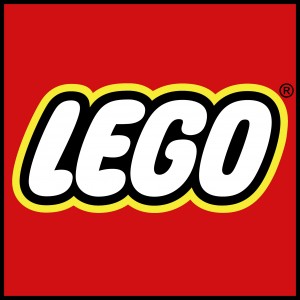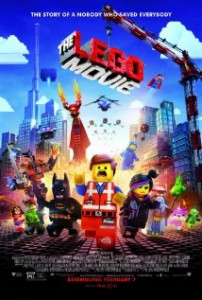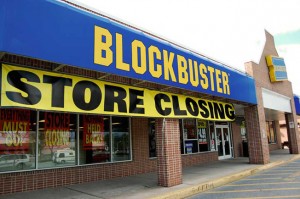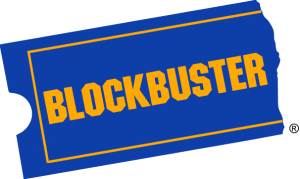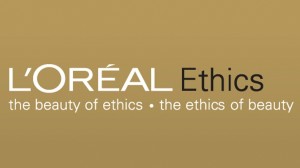Lego has finally clinched the top toy maker spot, edging out perennial power Mattel in both revenue and profit. Their revenue increased by 11% in the first six months this year, amplified by “The Lego Movie” merchandise, making it the largest toy company in the world by revenue and profit, surpassing Mattel Inc.
Lego’s amazing success is not by chance, but by a calculated and precise business model incorporated by CEO Jorgen Vig Knudstorp in 2004. This plan, which revolves around bringing it “back to the brick”, initiated Lego’s climb to toy supremacy. The strategy focused on its core products, ignoring brand-stretching, and even selling its theme parks. He also introduced stricter management controls, for example limiting the number of different pieces that the company produced from 12,900 to 7,000.
The balance between tradition and innovation instituted by Mr. Knudstorp has allowed Lego to thrive. It keeps a steady flow of basic preset models as templates for consumers, but its progress onto the big screen has elevated it into a new realm. With its intellectual property the star of the film, a whole line of toys and a new fan base has been created. With a Lego Movie sequel scheduled for released in 2017, and their Ninjago movie—based on Lego’s ninja-themed product range, scheduled for next year, the sky is the limit for Lego.
Works Cited
Hansegard, Jens. “Oh, Snap! Lego’s Sales Surpass Mattel.” http://online.wsj.com. Sept. 4, 2014 2014.Web. <http://online.wsj.com/articles/lego-becomes-worlds-largest-toy-maker-on-movie-success-1409820074>.
Nelson, Jacqueline. “Lego’s blueprint for success, one brick at a time.” http://www.theglobeandmail.com. July 17, 2014 2014.Web. <http://www.theglobeandmail.com/report-on-business/legos-blueprint-for-success-one-brick-at-a-time/article19666332/>.
